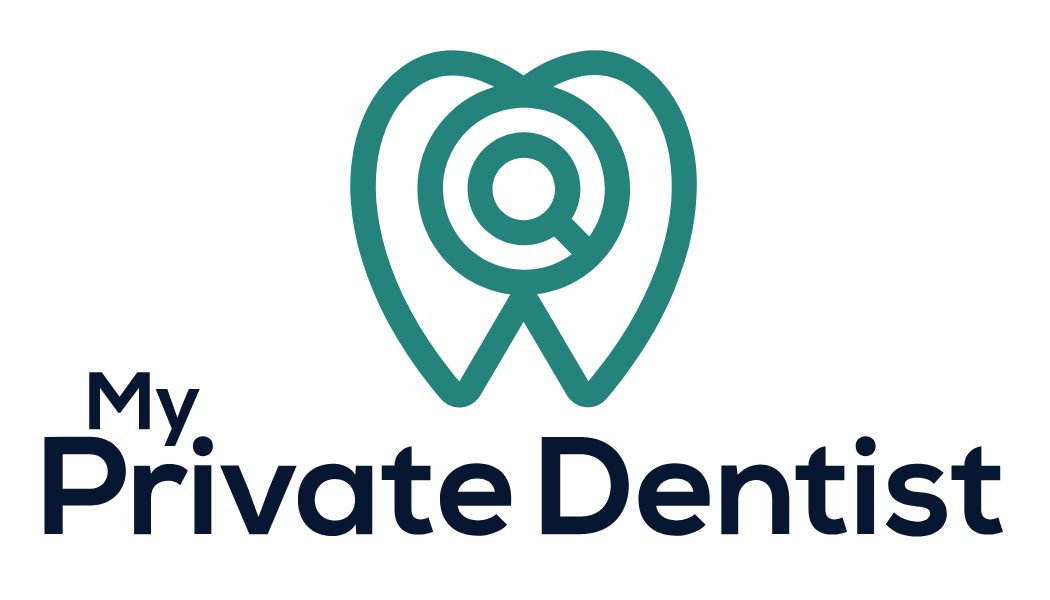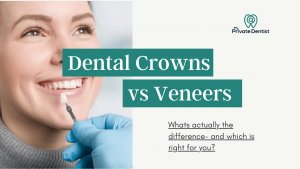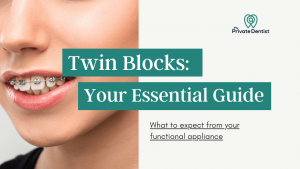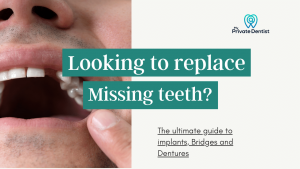Is Sparkling Water Bad For Your Teeth?
Although water is the healthiest choice, unsweetened sparkling water is generally not bad for your teeth, as long as it’s drunk in moderation. Sparkling water can cause mild levels of enamel erosion, but much healthier for your teeth compared to fruit juices, flavoured waters and soft drinks. [1]
We know that sugary fizzy drinks are bad for our teeth, and should limit how often we drink them. Thought of as a popular alternative, the fizzy bubbles may leave you wondering ‘is sparkling water bad for your teeth?’ The answer is generally no, and I would much rather my patients drink sparkling water than lemonade. However, beware of flavoured or sweetened varieties of sparkling water, which do put teeth at risk of erosion and decay.
Find out why some drinks are bad for your teeth, and get advice from a dentist on what you can do to minimise the bad effects when enjoying a fizzy drink.
Table of Contents
Why Are Some Drinks Bad For Your Teeth?
When we say that a drink is bad for your teeth, we worry about the risk of developing tooth decay or erosion.
Sugary Drinks Cause Tooth Decay
You can get tooth decay, if you have lots of drinks that are high in sugar or artificial sweeteners. Sugar sat on the surfaces of your teeth, is essentially the food that bacteria in your mouth thrives on. The bacteria produces acid which, over time, dissolves away the outer layers of your teeth and causes holes.
Acidic Drinks Cause Erosion
You can tell how acidic a drink is by its pH value: the lower the pH, the more acidic the drink, and the more erosive potential.
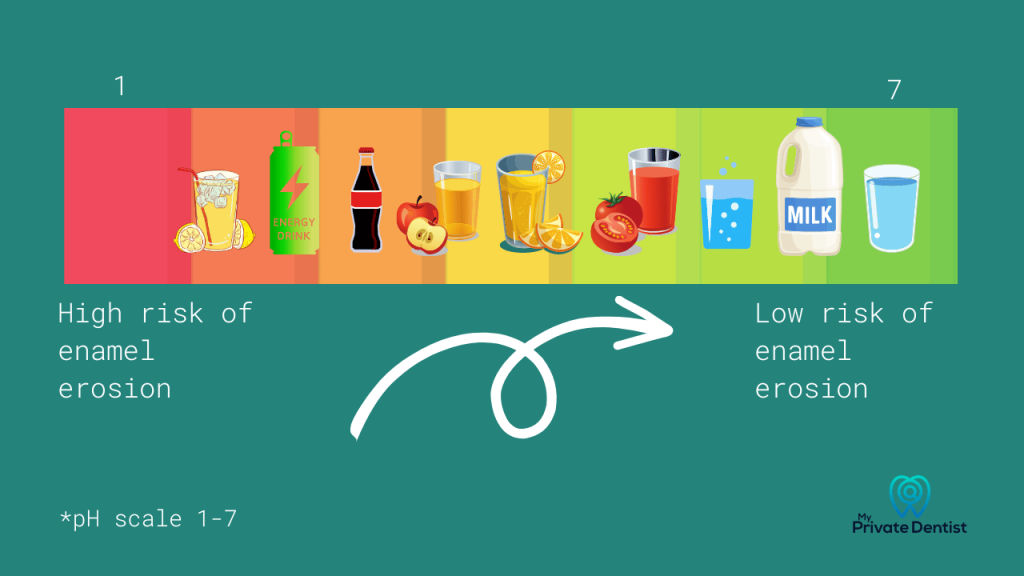
If your drinks are acidic, or have a low pH value, you are at more risk of developing dental erosion. Erosion is when acid attacks and dissolves minerals on the outer layers of your teeth. Saliva in your mouth tries to protect your teeth by neutralising the acid, but if the pH is lower than the critical value of 4.5-5.5, the teeth start to erode, causing permanent damage to enamel. [2]
If you have tooth wear caused by erosion you may experience:
- Sensitivity to hot or cold food/drinks
- Teeth become more yellow: as the white outer layer of enamel erodes away, the inner darker dentine layer becomes exposed
- Teeth looking thin or transparent
Dental erosion is most often caused by highly acidic drinks. However, there are other causes including alcohol, reflux and vomiting.
When choosing a drink, try to avoid those with a high SUGAR content and high ACIDIC values.
Is Sparkling Water Bad For Your Teeth?
Unsweetened and unflavoured sparkling water is a hydrating, refreshing and a healthy alternative to soft drinks. As it is sugar-free, you aren’t at risk of tooth decay. However, be careful with varieties that have sugars or artificial sweeteners, as they do pose a risk.
Sparkling water has a pH of 4.5, which is mildly acidic. Teeth are at a low level risk of erosion when drinking sparkling water.
Natural water has a neutral pH of 7, so it could be said that sparkling water is slightly worse for your teeth. [3] Studies have shown that there is no large difference in erosion between normal and sparkling water- and compared to sugary fizzy drinks, sparkling water causes 100x less damage .
What Is The Healthiest Drink For My Teeth?
Although the erosive effect of sparkling water is minimal, the healthiest option is still water natural water or milk. Unsweetened Sparkling water is a good alternative, but avoid drinking large quantities over long periods of time.
As a general rule, try to limit your intake of sugary and highly acidic drinks. These include soft drinks, energy drinks, and citrus fruit juices.
How Do I Protect My Teeth When Drinking Sparkling Water?
Consider the following tips to enjoy sparkling water, whilst still protecting your teeth:
- Drink unsweetened sparkling water
- Avoid swishing sparkling water around your mouth when drinking
- Limit it to meal times
- Avoid flavoured water. Lemon, lime and grapefruit flavours have a much lower pH and teeth are more at risk of erosive wear
- Use a straw
- Rinse your mouth with natural water after drinking sparkling water.
- Do not brush your teeth directly after drinking sparkling water, wait 20 mins for acid levels in your mouth to neutralise with saliva, to minimise erosive effects.
Sparkling water can have a slight impact on oral health, but it is still considered a better alternative to sugary drinks. When consumed in moderation and with proper precautions, the impact on teeth is likely to be minimal. Remember to brush your teeth twice a day and to floss regularly to maintain good oral health. If you are concerned about the effects of sparkling water on your teeth, find a dentist today for advice.
